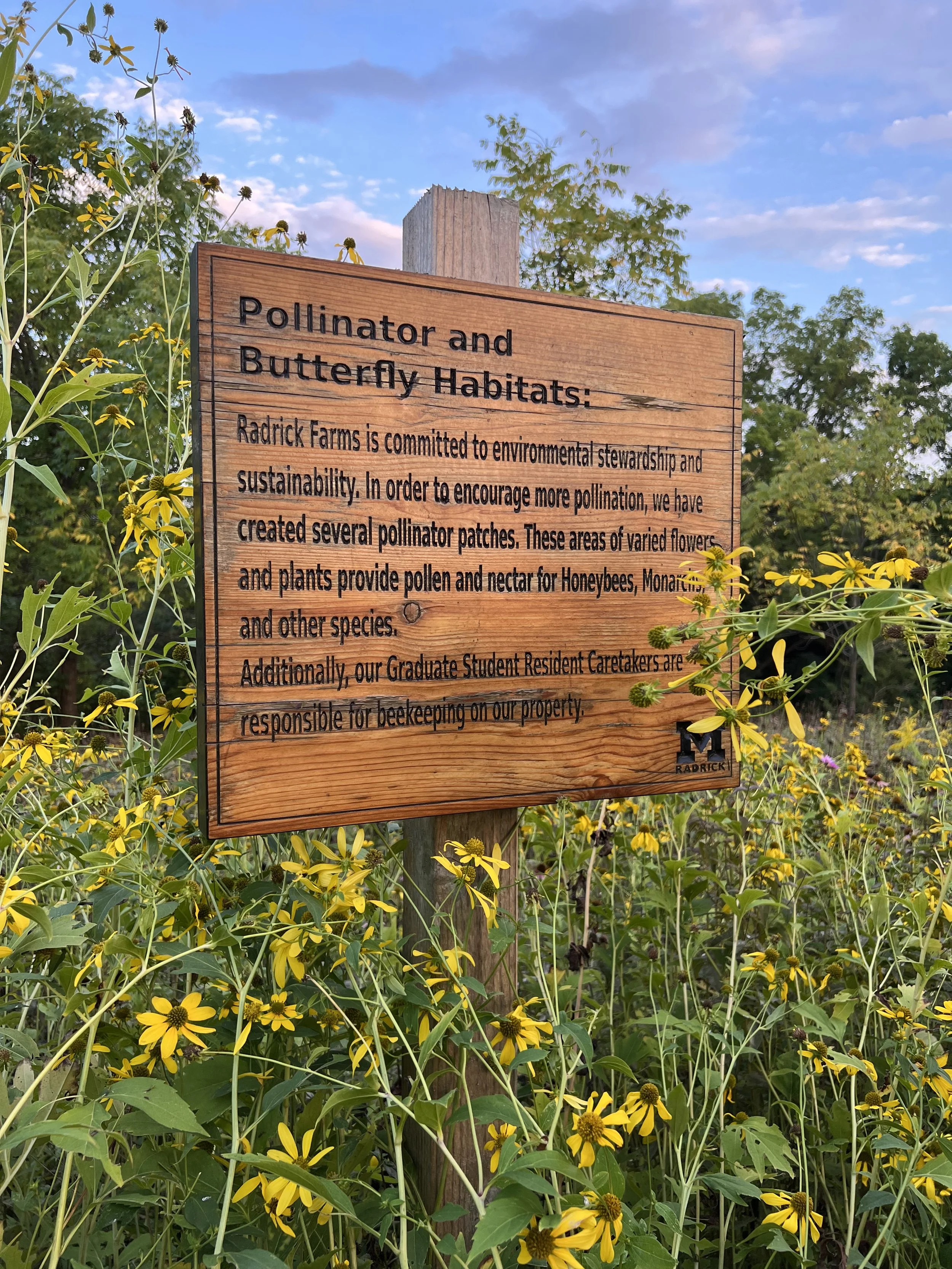Inputs
An organic and sustainable golf course exemplifies an environmentally conscious approach to management, relying on fewer external inputs and harnessing on-site resources for a successful and ecologically friendly program.
-
Organic courses prioritize soil health by employing natural fertilization methods such as composting and the use of organic matter. This minimizes the need for synthetic fertilizers, fostering a self-sustaining ecosystem where nutrient-rich soils support healthy plant growth.
-
Sustainable golf courses focus on water conservation through efficient irrigation systems, utilizing on-site water sources like ponds or harvested rainwater. Smart irrigation technologies and native plant landscaping further reduce the demand for external water inputs.
-
Integrated pest management practices are integral to organic courses, emphasizing the use of natural predators, beneficial insects, and disease-resistant plant varieties. This approach reduces the reliance on chemical pesticides, preserving the natural balance of the ecosystem.
-
Organic courses prioritize biodiversity by incorporating native vegetation and creating habitats for wildlife. Diverse ecosystems with native flora and fauna contribute to pest control, reducing the need for external interventions.
-
A sustainable golf course minimizes waste by implementing recycling programs and composting organic matter. By repurposing on-site waste, the course can create valuable resources like compost for soil enrichment.
-
Organic courses often integrate energy-efficient practices, from using electric equipment to installing renewable energy sources like solar panels. This reduces the reliance on non-renewable energy and lowers the environmental impact of course maintenance.
-
Incorporating educational programs for both staff and golfers fosters an understanding of the benefits of organic and sustainable practices. This shared knowledge promotes a culture of environmental responsibility, encouraging everyone involved to contribute to the success of the eco-friendly management program.
In essence, an organic and sustainable golf course strives for self-sufficiency, relying on on-site resources and natural processes to create a thriving ecosystem. By minimizing external inputs and embracing environmentally friendly practices, such courses not only preserve the integrity of the environment but also demonstrate the viability of a harmonious coexistence between golf and nature.
Read More.




















